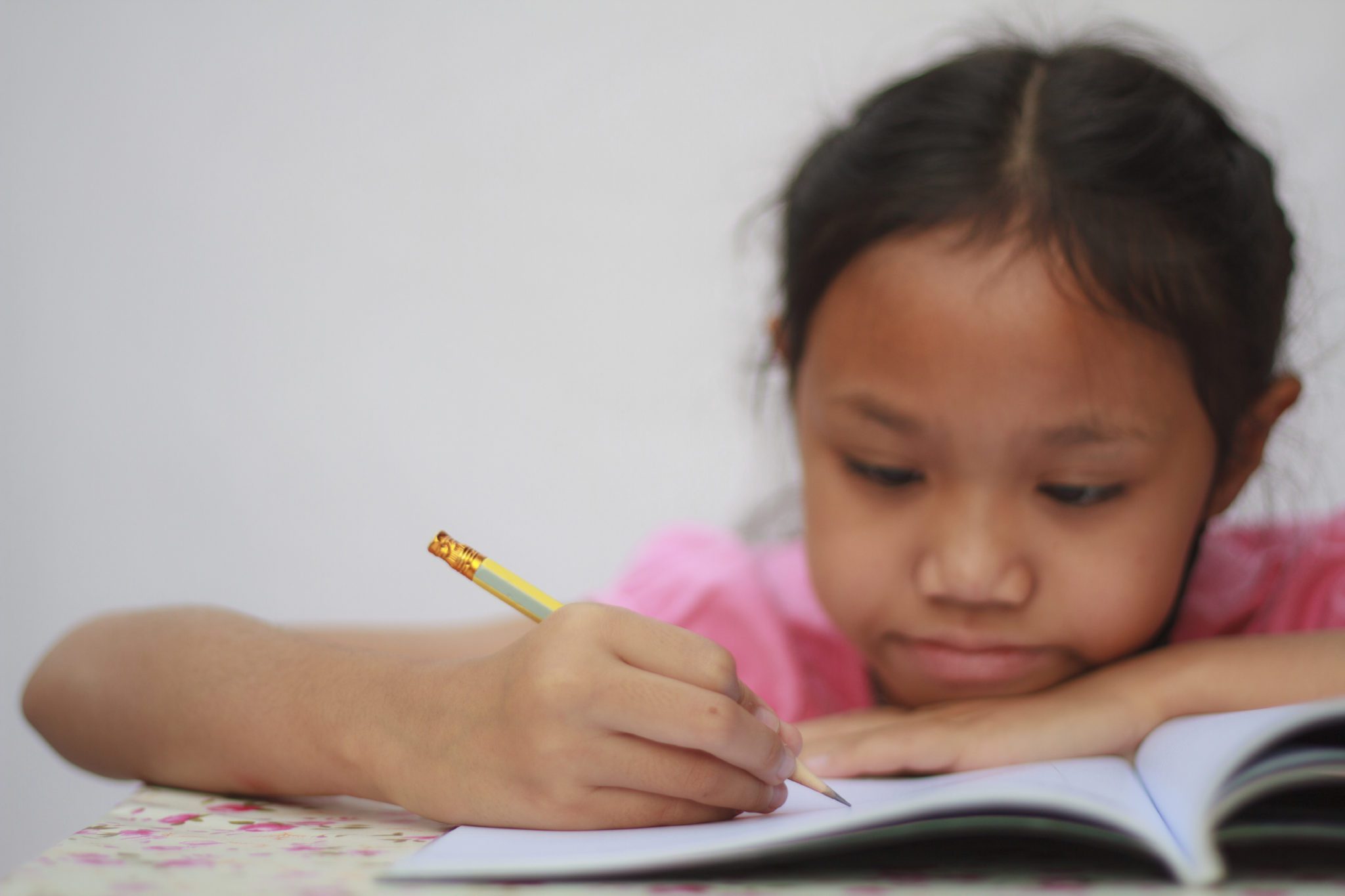What Are The Different Types Of Evaluations?

Posted in: Grade School, Teenagers, You & Your Family
Topics: Learning + Attention Issues
If your school-age child needs a mental health evaluation or learning assessment, how do you know which kind to request? Read more, below.
Arielle’s mother, Adele, was confused. She had taken Arielle, an active first grader who was struggling to learn how to read, to her pediatrician for guidance. Arielle’s teacher was complaining that Arielle seemed impulsive and hyperactive, and of course Adele was worried about Arielle’s struggles with reading. Upon presenting Arielle’s case to her pediatrician, the pediatrician suggested that Adele obtain an evaluation for her daughter. Adele, rightfully confused, left the appointment wondering, “What did she mean by an evaluation? What should I do?”
The term “evaluation” can mean different things to different people. Terminology used for different types of evaluations can vary, and the names of specific tests are very diverse. Sometimes, it’s a question of semantics—certain test batteries are called one thing in one area of the country, and something else in another. With that caveat, here are a few generalities about the types of evaluations that are completed by psychologists:
Neuropsychological Evaluation: A test battery – or series of several different tests – designed to measure a child’s cognitive skills and brain functioning in areas such as intelligence, attention, memory, learning, and visual perceptual. Tests typically given include an intelligence measure, such as the WISC-V; achievement/academic tests, such as the WIAT-III or Woodcock-Johnson to look for learning disabilities; language tests, such as the Boston Naming Test or PPVT-4; visual-motor tests, such as the VMI or Rey-Osterrieth Complex Figure Test; memory and executive function tests, such as the NEPSY-II, D-KEFS, or WRAML2; and finally, neuro-motor tests, such as Finger-Tapping or Grooved Pegboard. This kind of test battery is typically performed by a psychologist affiliated with a medical center or private practice.
Educational/Achievement Evaluation: A test battery for measuring a child’s academic skills in decoding, reading comprehension, spelling, math, and writing. An intelligence measure should also be given to compare the child’s potential (intelligence level) with his or her achievement scores. Common tests used include the WIAT-III and Woodcock-Johnson.
Psychological Evaluation: A test battery for assessing a child’s emotional, social, and behavioral functioning and personality traits. Tests often include the Rorschach, Thematic Apperception Test (TAT), drawings, sentence-completion tests, self-reported measures such as the Children’s Depression Inventory, and parent-completed measures such as the Child Behavior Checklist or Behavior Assessment System for Children (BASC2). There is also the Minnesota Multiphasic Personality Inventory (MMPI) which is used for adolescents.
Developmental Evaluation: A test battery such as the Bayley Scales of Infant Development, administered before age 4, that gives information about a young child’s level of development in language skills, motor skills, cognitive skills, and social skills.
In addition to the comprehensive evaluations above, there are tests that can be conducted by specialists in specific areas, such as:
Speech and Language Testing: This evaluation assesses a child’s ability to speak clearly, understand language, and express him or herself with language. Social communication skills called “pragmatics,” which include eye contact, initiating social contact, turn-taking in conversation, and gestures, can also be assessed during a speech and language evaluation.
Occupational Therapy Testing: An occupational therapist observes and evaluates a child’s fine and gross motor skills, visual-spatial and visual-motor skills, sensory processing and integration skills, and general self-help skills.
Physical Therapy Testing: This evaluation is usually necessary for assessing a child’s balance, gross-motor coordination, muscle strength, and movement.
Home Assessments: An assessment of pertinent family history and home situation factors, including parental divorce, living arrangements, etc., is often done as part of the school district’s evaluation. Home visits are sometimes made by a special education team member, and the child’s complete developmental history is taken through parent interviews. Estimates of adaptive behavior at home, school, and in the community are also made using interviews and certain measures such as the Vineland Adaptive Behavior Scale. This type of evaluation is more frequently completed with very young children, but can be part of an evaluation at any age.
Vision/Hearing/General Health Assessments: Though most pediatricians will perform these evaluations, the school system is available to perform visual screenings, hearing tests, and physicals for children.
Psychiatric Evaluations: A psychiatric assessment is a mental health evaluation typically performed by a psychiatrist to gather information about a child’s symptoms, the purpose being to determine whether a diagnosis is appropriate. The psychiatrist will obtain detailed information about a child’s history, family history, development, medical history, social history, and, depending on the age of the child, history about behaviors such as substance use.
So, given all these options, what’s a parent to do? In the scenario above, Arielle’s mother decided to go back to her pediatrician and ask a few additional questions:
- What is the purpose of the evaluation?
- Who is best equipped to conduct it?
- Can it be completed through the school system?
- Should they go see a psychiatrist?
- What should they expect when they get the results?
The pediatrician was happy to answer these questions, and suggested that Adele seek a neuropsychological evaluation for her daughter through a private clinician who could evaluate attention and reading issues. The evaluator ultimately diagnosed Arielle with dyslexia, but also noted that Arielle had some difficulties with fine motor skills; she recommended that an occupational therapy evaluation be conducted through Arielle’s school system.
Parents have many options when it comes to getting a learning assessment or mental health evaluation. If you’re not sure which type of evaluation is necessary, ask questions—especially to the person recommending one. It’s important to remember that there is no one right answer; regardless of the “name” of the particular evaluation, it should provide new information about your child’s strengths and weaknesses, as well as a roadmap for his or her future success.


 Share
Share Tweet
Tweet





